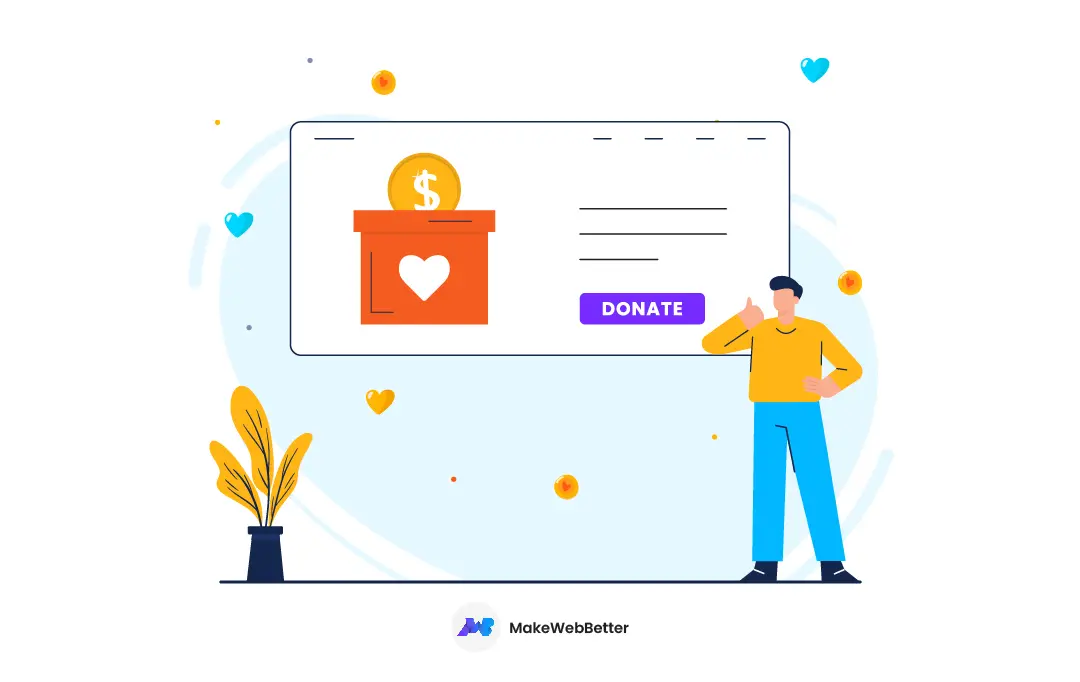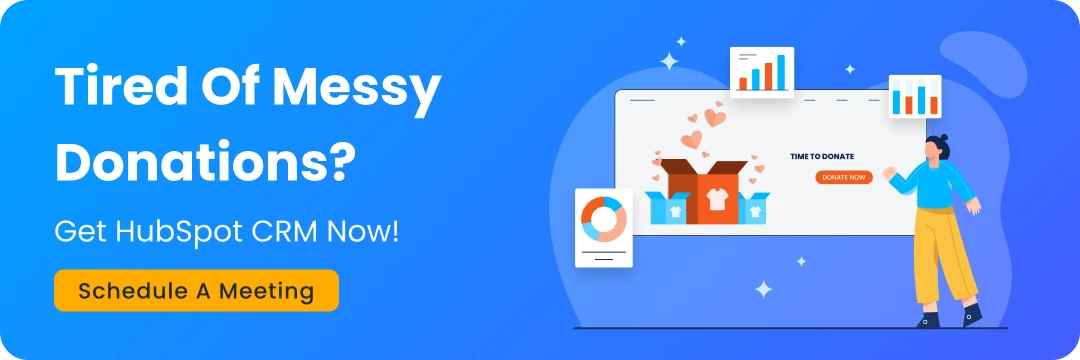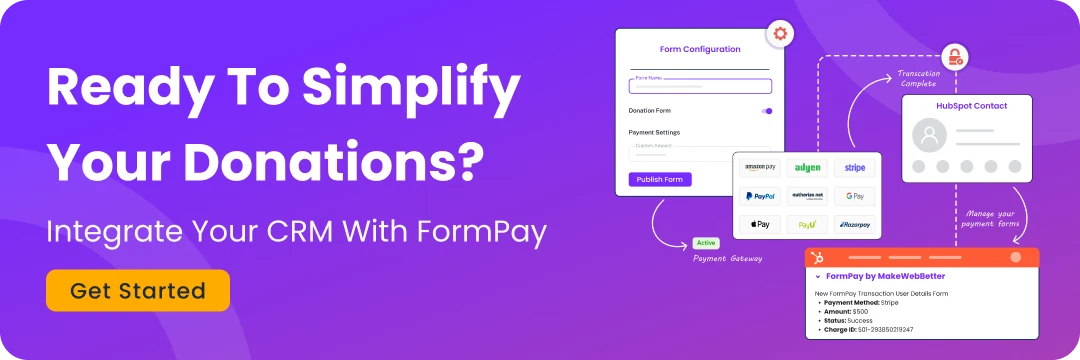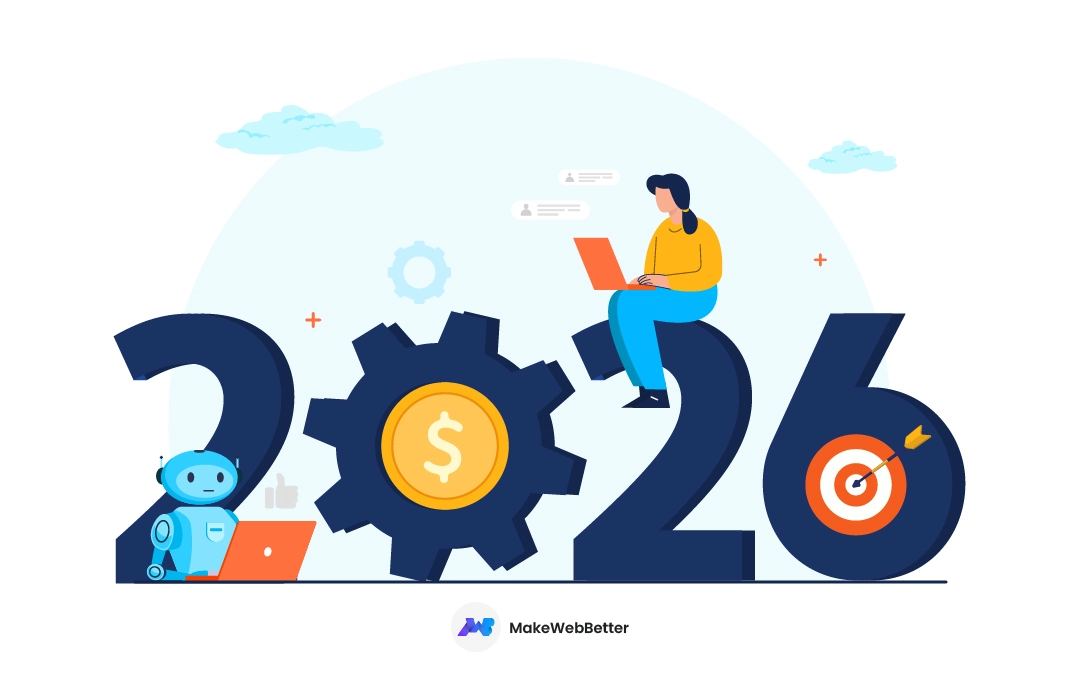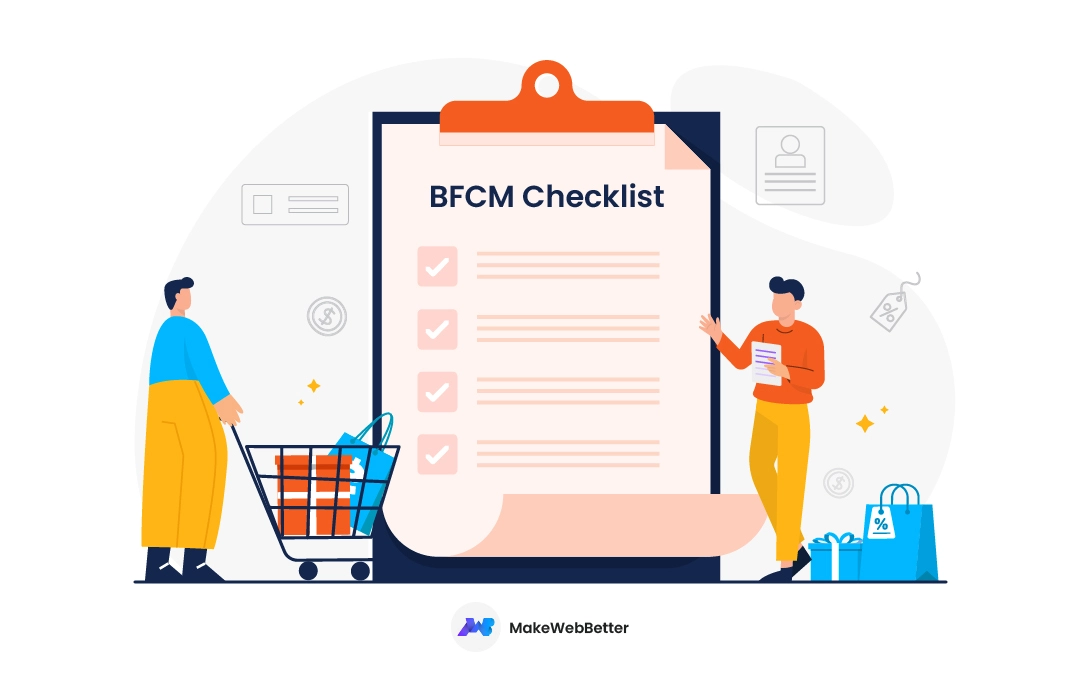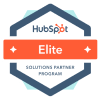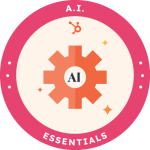How a CRM Can Supercharge Your Nonprofit (and Save You Time)
Nonprofits are the heart of countless communities, driving change and making a positive impact.
Yet, amidst the noble pursuit of their missions, many organizations grapple with the complexities of managing donor relationships, tracking volunteer hours, and optimizing fundraising efforts.
Sound familiar?
Did you know that 67% of all nonprofit CRM benefits manage their operations?
This statistic highlights the increasing recognition of CRM as a crucial tool for nonprofit success.
That is to say, imagine having a single platform to centralize your donor data, automate time-consuming tasks, and gain invaluable insights into your supporters.
That’s the power of a CRM.
In this post, we’ll explore seven compelling reasons why your nonprofit needs a CRM, and how it can transform your operations and amplify your impact.
Let’s dive into some Nonprofit CRM benefits!
Why Nonprofits Need CRMs (More Than Ever Before)
The nonprofit landscape is undergoing rapid transformation, presenting both challenges and opportunities for organizations.
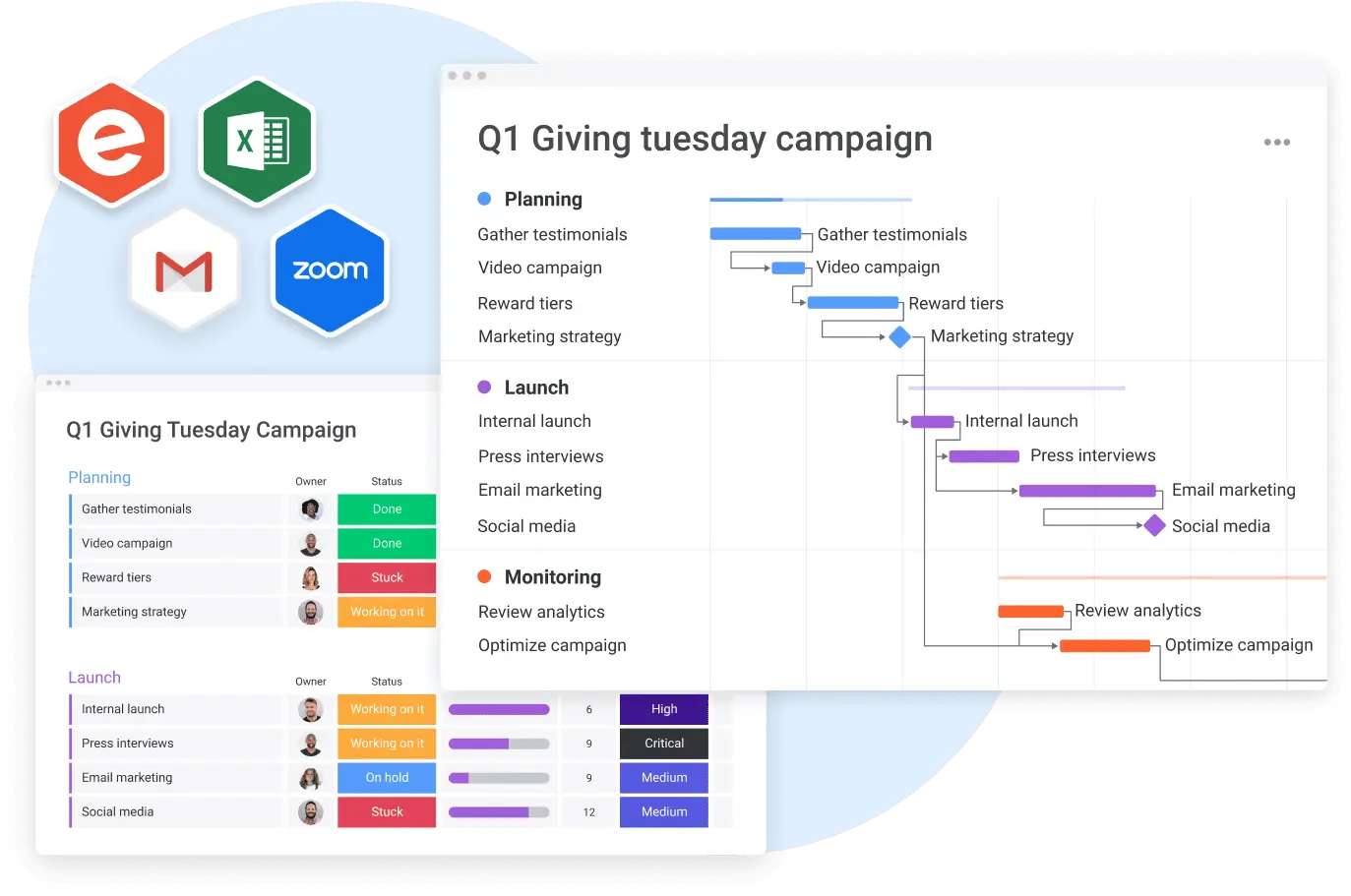
To thrive in this dynamic environment, nonprofits must adapt their strategies and leverage technology to their advantage.
That is to say, a CRM system is essential for navigating these changes and achieving long-term success.
Shifting Donor Landscape
Donor expectations and behaviors have evolved significantly.
With the rise of online giving and increased competition for donor dollars, nonprofits must develop more sophisticated strategies to attract and retain supporters.
Nonprofit CRM Benefits for you:
- Identify and segment donors: Gain a deeper understanding of your donor base by analyzing demographics, giving history, and engagement patterns. That is to say, this information allows you to create targeted donor segments for personalized outreach.
- Personalize communication: Build stronger relationships by delivering tailored messages across multiple channels. A CRM enables you to track donor preferences and tailor your communication accordingly, increasing donor satisfaction and loyalty.
- Cultivate major donors: Identify high-potential donors and implement strategic stewardship plans. A CRM helps you track donor interactions, recognize milestones, and provide personalized recognition to cultivate long-term partnerships.
Data-Driven Decision Making
Data is the new currency of the nonprofit sector.
To make informed decisions and optimize your impact, you need access to actionable insights.
That is to say, Nonprofit CRM Benefits empower you to:
- Analyze donor behavior: Gain valuable insights into donor giving patterns, preferences, and acquisition channels. This information helps you identify trends, measure the success of your fundraising efforts, and allocate resources effectively.
- Measure campaign effectiveness: Track key performance indicators (KPIs) to evaluate the success of your fundraising campaigns. That is to say, a CRM enables you to compare campaign performance, identify top-performing channels, and refine your strategies for future campaigns.
- Improve efficiency: Streamline your operations by automating tasks and reducing manual data entry. A CRM centralizes donor information, making it easier for staff to access and utilize data, resulting in increased productivity and cost savings.
The Rise of Digital Fundraising
Digital channels have become essential for nonprofit fundraising success.
Some Nonprofit CRM benefits are:
- Manage online donations: Streamline the donation process by integrating your CRM with online payment platforms. This ensures accurate and efficient processing of online gifts.
- Integrate with fundraising platforms: Connect your CRM to popular crowdfunding and peer-to-peer platforms to centralize donor data and track campaign performance.
- Leverage email marketing: Build and maintain donor email lists for targeted fundraising and engagement campaigns. A CRM enables you to segment your audience, personalize email content, and track open rates and click-through rates.
- Track social media engagement: Monitor social media interactions and identify potential donors. A CRM can help you track social media mentions, measure campaign reach, and convert social media followers into supporters.
That is to say, by understanding these trends and leveraging a CRM, nonprofits can enhance donor relationships, increase fundraising efficiency, and ultimately achieve their missions more effectively.
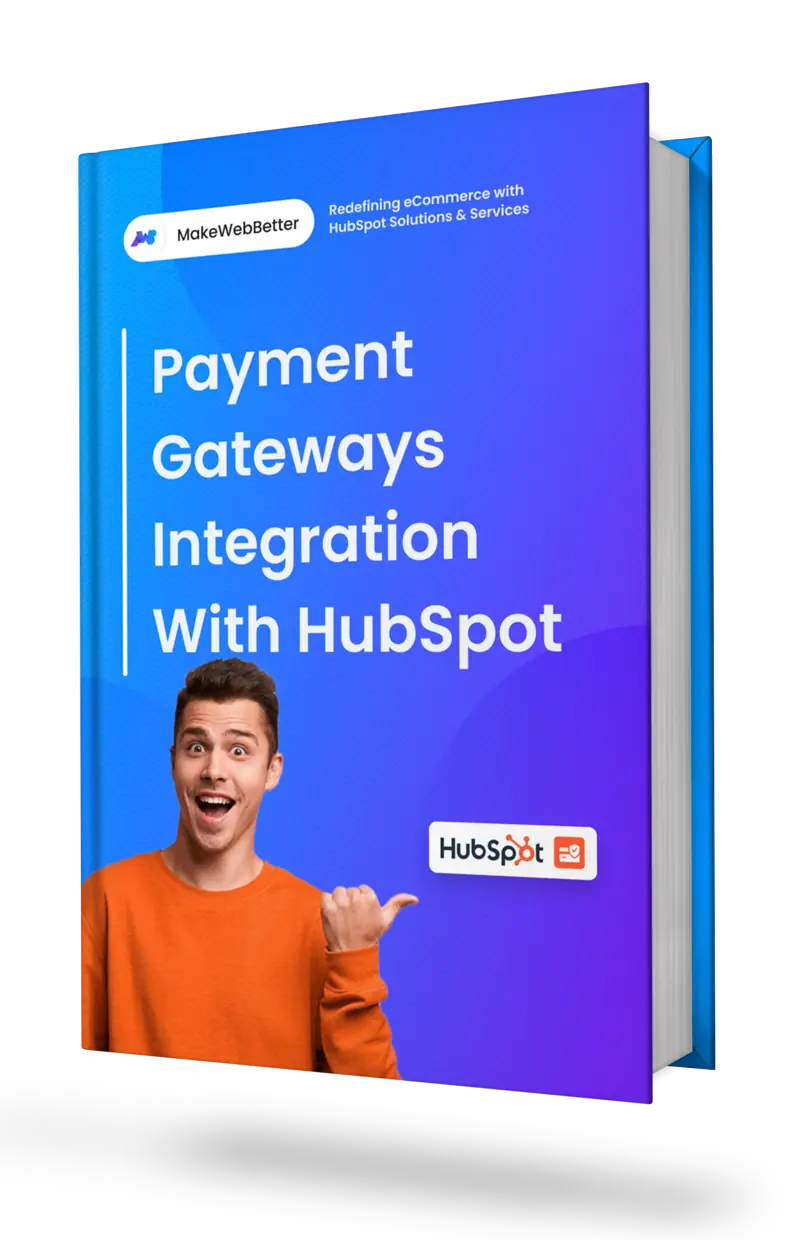
Integrate your favorite gateway with HubSpot!
Read our FormPay pitch deck to find out how to connect any payment gateway with HubSpot CRM.
7 Challenges Nonprofits Face and How a CRM Can Help
1. Overwhelming Donor Data
Nonprofits often grapple with managing a growing volume of donor information, spread across multiple systems or spreadsheets.
This can lead to data inconsistencies, inaccuracies, and difficulty in accessing crucial information.
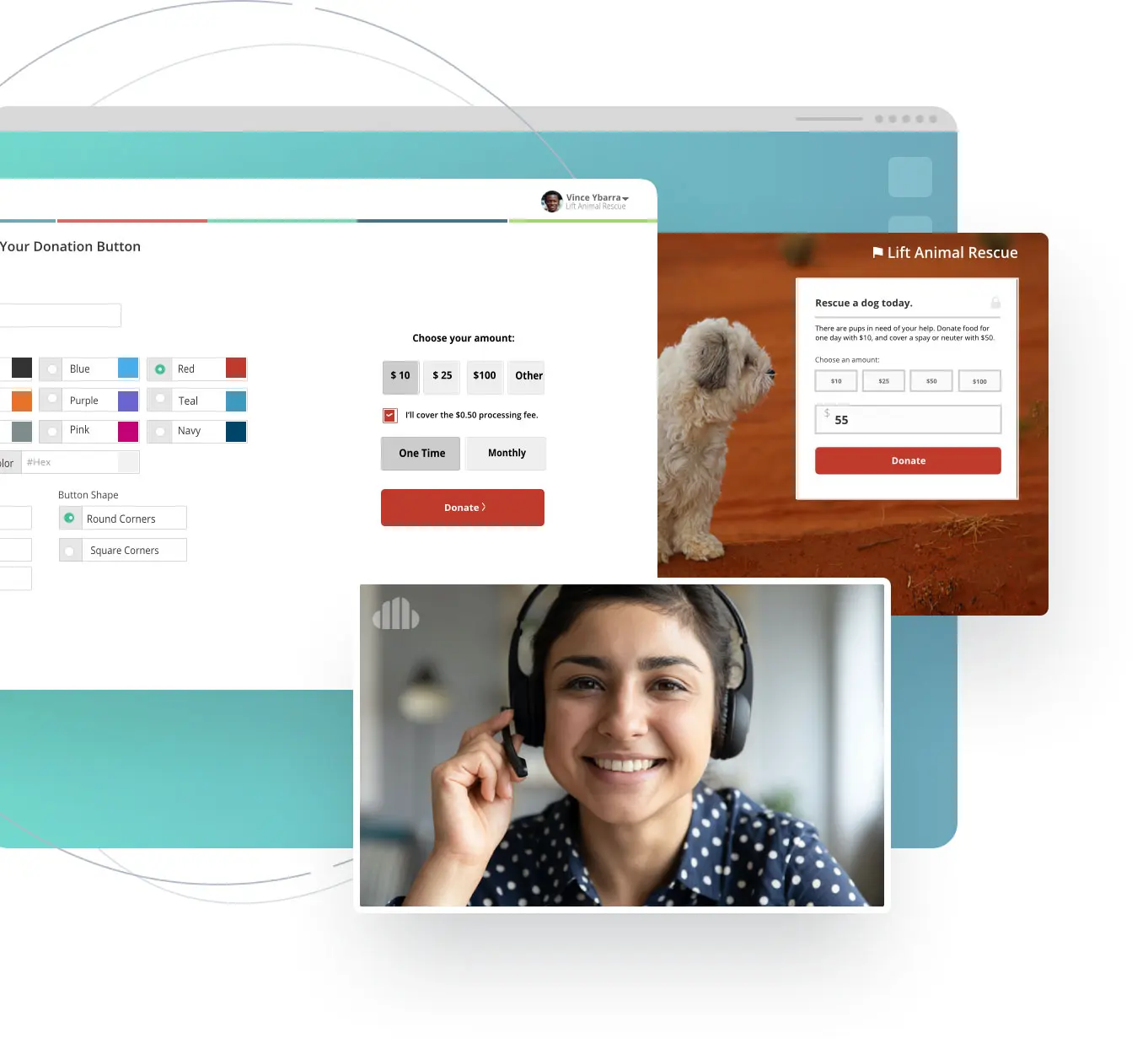
In other words, a CRM can centralize donor data into a single platform, providing a unified view of each supporter.
Moreover, by automating data entry and updates, CRMs ensure accuracy and consistency.
Additionally, they allow for segmentation based on various criteria, enabling targeted outreach and personalized communication.
2. Inefficient Fundraising Processes
Manual processes and disparate systems can hinder fundraising efforts.
Tracking donor interactions, managing campaigns, and processing donations can be time-consuming and error-prone.
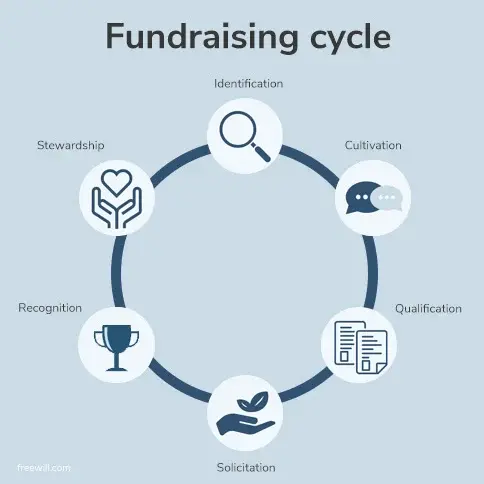
A Nonprofit CRM benefits fundraising operations by automating tasks like donation receipts, thank-you letters, and pledge reminders.
It also provides tools for campaign management, including goal setting, tracking progress, and analyzing results.
That is to say, by centralizing donor information, CRMs facilitate the identification of potential major donors and enable tailored cultivation strategies.
3. Difficulty Tracking Volunteer Hours
Managing volunteers effectively is crucial for nonprofits.
Without a centralized system, tracking volunteer contributions, recognizing their efforts, and matching them with suitable opportunities can be challenging.
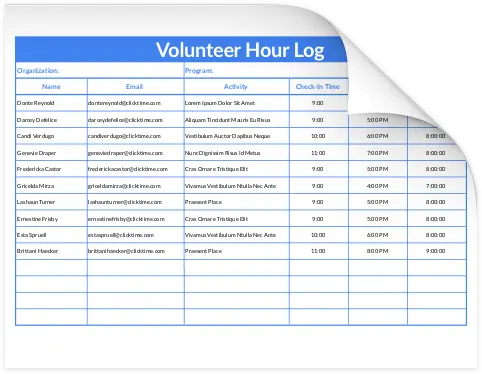
A Nonprofit CRM can streamline volunteer management by providing tools to track volunteer hours, assign tasks, and recognize contributions.
In other words, by storing volunteer information and preferences, CRMs facilitate matching volunteers with appropriate roles and projects.
4. Lack of Donor Insights
Understanding donor behavior and preferences is essential for effective fundraising.
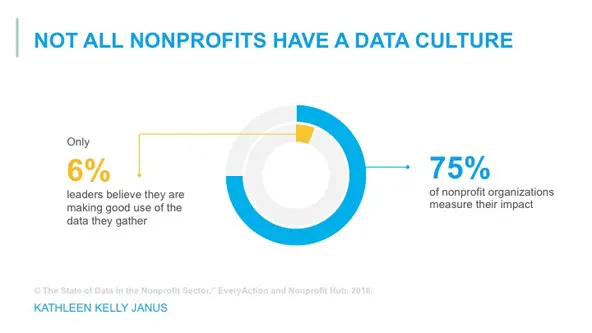
Without data-driven insights, nonprofits may struggle to identify trends, measure campaign performance, and make informed decisions.
A Nonprofit CRM benefits by collecting and analyzes donor data to provide valuable insights.
By tracking donor interactions, donation history, and preferences, nonprofits can identify high-value donors, measure campaign ROI, and optimize fundraising strategies.
5. Poor Collaboration and Communication
Effective collaboration among staff is crucial for nonprofit success. Siloed information and inefficient communication can hinder productivity and impact donor relationships.
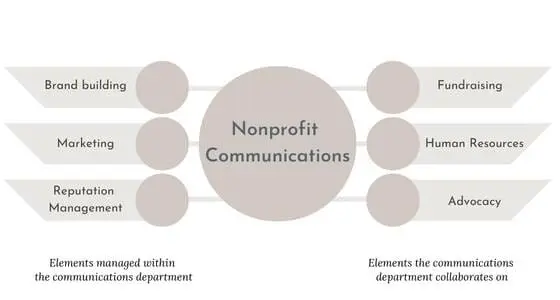
A Nonprofit CRM benefits foster collaboration by providing a shared platform for accessing donor information and tracking interactions.
That is to say, it enables team members to work together efficiently, share updates, and ensure consistent messaging.
6. Time-Consuming Administrative Tasks
Manual data entry, report generation, and other administrative tasks can be time-consuming and divert staff resources from core mission activities.
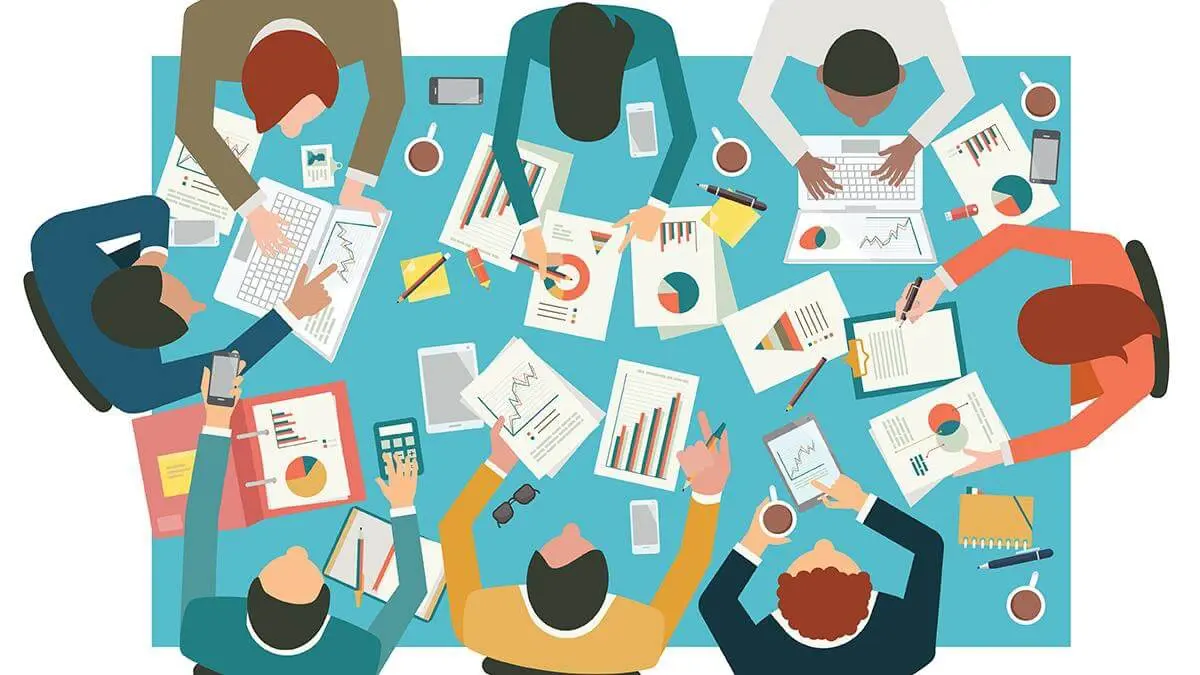
A Nonprofit CRM benefits by automating many administrative tasks, freeing up staff time to focus on strategic initiatives.
By streamlining processes and reducing manual effort, CRMs increase efficiency and productivity.
7. Data Security Concerns
Protecting sensitive donor information is paramount for nonprofits. Data breaches can damage reputation and erode trust.
A Nonprofit CRM benefits offers robust security features to safeguard donor data.
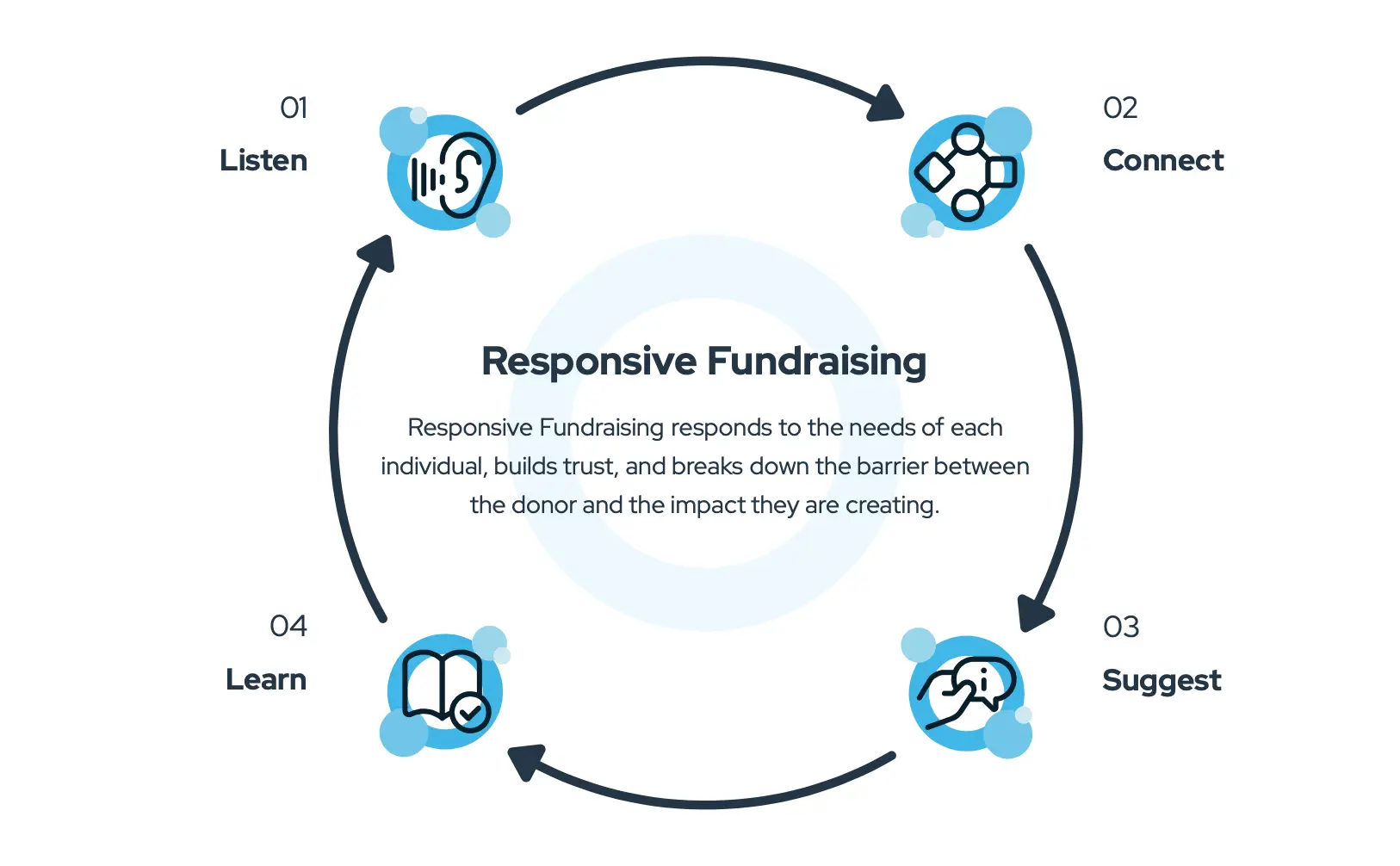
By implementing access controls, encryption, and data backup, CRMs help protect sensitive information and comply with data privacy regulations.
By addressing these challenges, Nonprofit CRM benefits you to operate more efficiently, build stronger donor relationships, and ultimately achieve their missions.
What is The Best CRM for Nonprofits?
Selecting the optimal CRM for your nonprofit is crucial for maximizing efficiency, enhancing donor relationships, and ultimately achieving your mission.
While there’s no one-size-fits-all solution, understanding key factors and exploring leading options can guide you towards the ideal platform.
The Importance of Choosing the Right CRM
Above all, a well-matched Nonprofit CRM benefits revolutionize your operations, enabling data-driven decision-making, streamlined processes, and improved donor engagement.
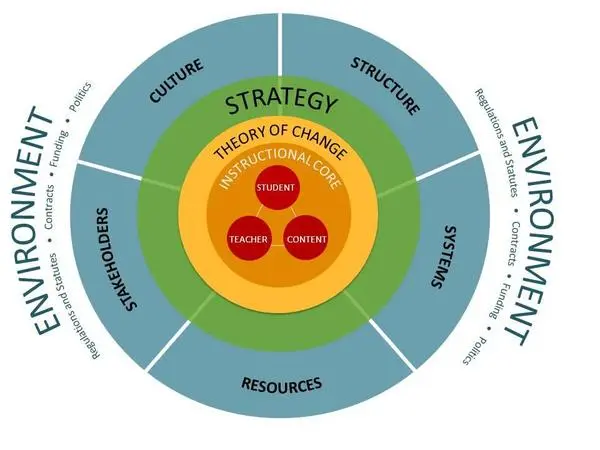
Conversely, a misaligned CRM can hinder productivity, lead to data inconsistencies, and frustrate staff.
Key considerations when selecting a CRM include:
- Organizational size and budget: Evaluate your nonprofit’s scale and financial resources to determine the appropriate level of features and pricing.
- Core functionalities: Identify essential features such as donor management, fundraising, volunteer management, event management, and grant management.
- Scalability: Choose a CRM that can accommodate your organization’s growth and evolving needs.
- Ease of use: Opt for a platform with a user-friendly interface that minimizes training requirements and maximizes adoption.
- Integration capabilities: Consider how the CRM will integrate with other systems used by your nonprofit, such as email marketing, accounting, and fundraising platforms.
- Data security: Prioritize a CRM with robust security measures to protect sensitive donor information.
- Customer support: Evaluate the CRM provider’s reputation for customer support and available resources.
HubSpot CRM: A Comprehensive Solution for Nonprofits
HubSpot CRM has gained popularity among nonprofits due to its user-friendly interface, comprehensive features, and affordable pricing.
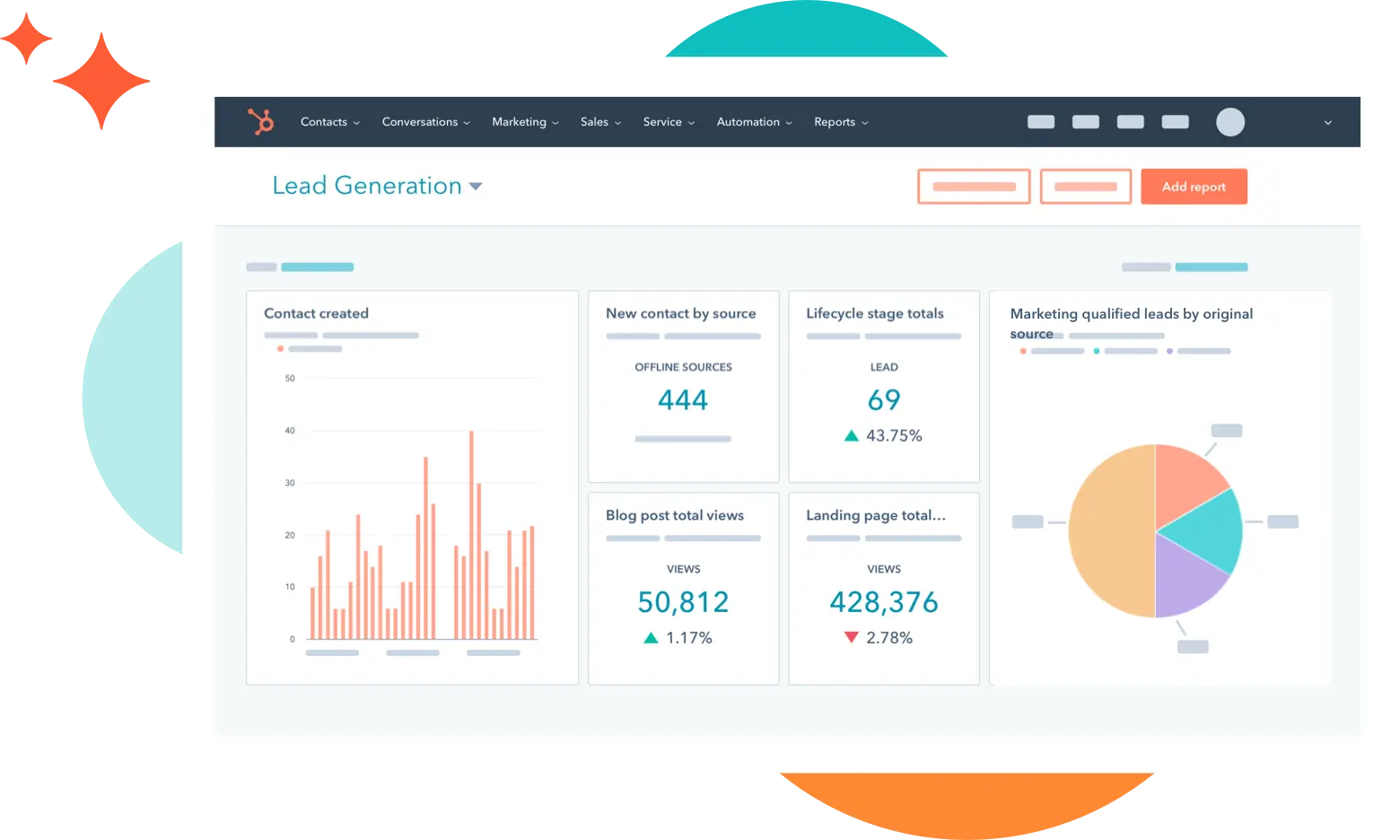
In other words, designed with small and medium-sized businesses in mind, HubSpot offers a robust set of tools tailored to the unique needs of nonprofits.
So, here’s 9 Steps to Set up Your HubSpot CRM for Nonprofits
Key Nonprofit CRM benefits of HubSpot CRM include:
- Intuitive interface: Easy-to-use platform with a minimal learning curve.
- Comprehensive feature set: Includes contact management, email marketing, marketing automation, CRM, and sales tools.
- Flexible pricing: Offers a free plan and tiered paid options to accommodate various budgets.
- Donor management: Track donor interactions, preferences, and giving history.
- Fundraising tools: Manage campaigns, track donations, and analyze performance.
- Volunteer management: Organize and track volunteer contributions.
- Marketing automation: Create personalized email campaigns and automate repetitive tasks.
- Reporting and analytics: Gain insights into donor behavior and campaign effectiveness.
Also, here are 7 Hottest Free HubSpot Themes For Nonprofits!
Other Notable CRM Options
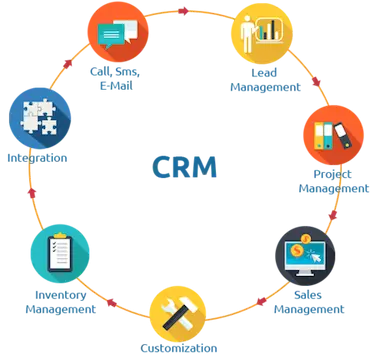
While HubSpot is a strong contender, several other CRMs specialize in serving nonprofits:
- Bloomerang: Known for its focus on fundraising and donor relationship management, with features like donor-centric dashboards and predictive analytics.
- Salesforce Nonprofit Success Pack (NPSP): A powerful platform offering extensive customization options and integration capabilities for larger organizations.
- Blackbaud Raiser’s Edge NXT: A comprehensive solution with a strong track record in the nonprofit sector, providing advanced fundraising tools and donor management capabilities.
- DonorPerfect: A cloud-based CRM specifically designed for nonprofits, offering features such as donor management, fundraising, event management, and grant management.
FormPay by MakeWebBetter: The Missing Piece
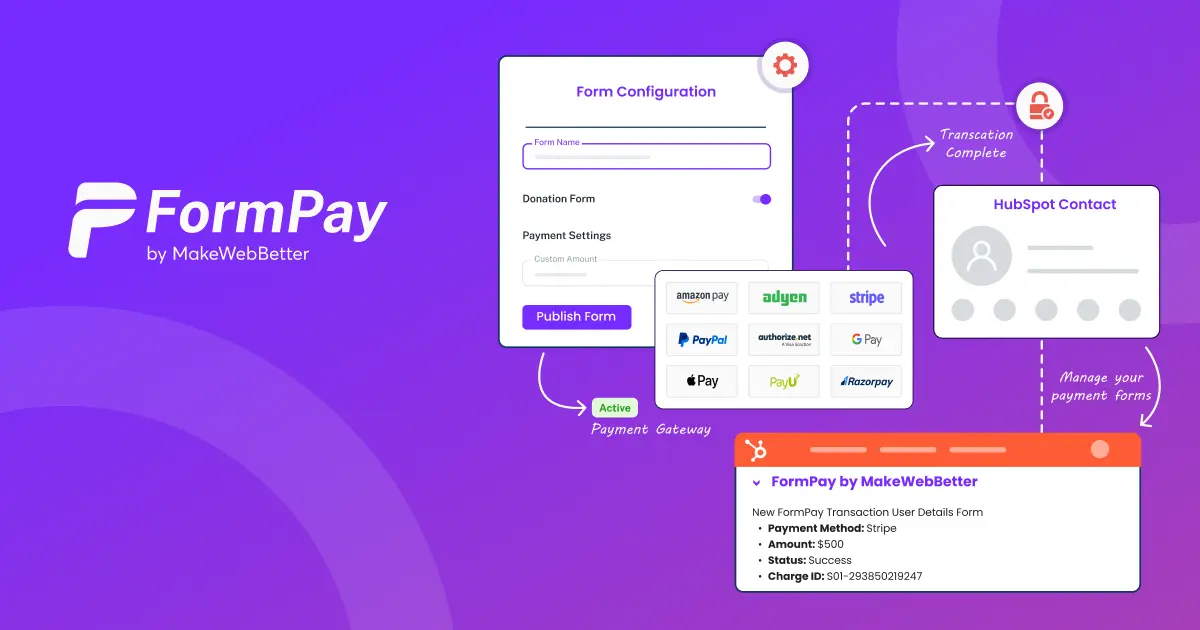
FormPay is a powerful payment solution designed by MakeWebBetter to seamlessly integrate with HubSpot CRM, transforming the way nonprofits manage donations and fundraising.
In other words, by offering a comprehensive suite of features, FormPay empowers nonprofits to optimize their payment processes, enhance donor experiences, and drive revenue growth.
Try Now
Core Features and Benefits
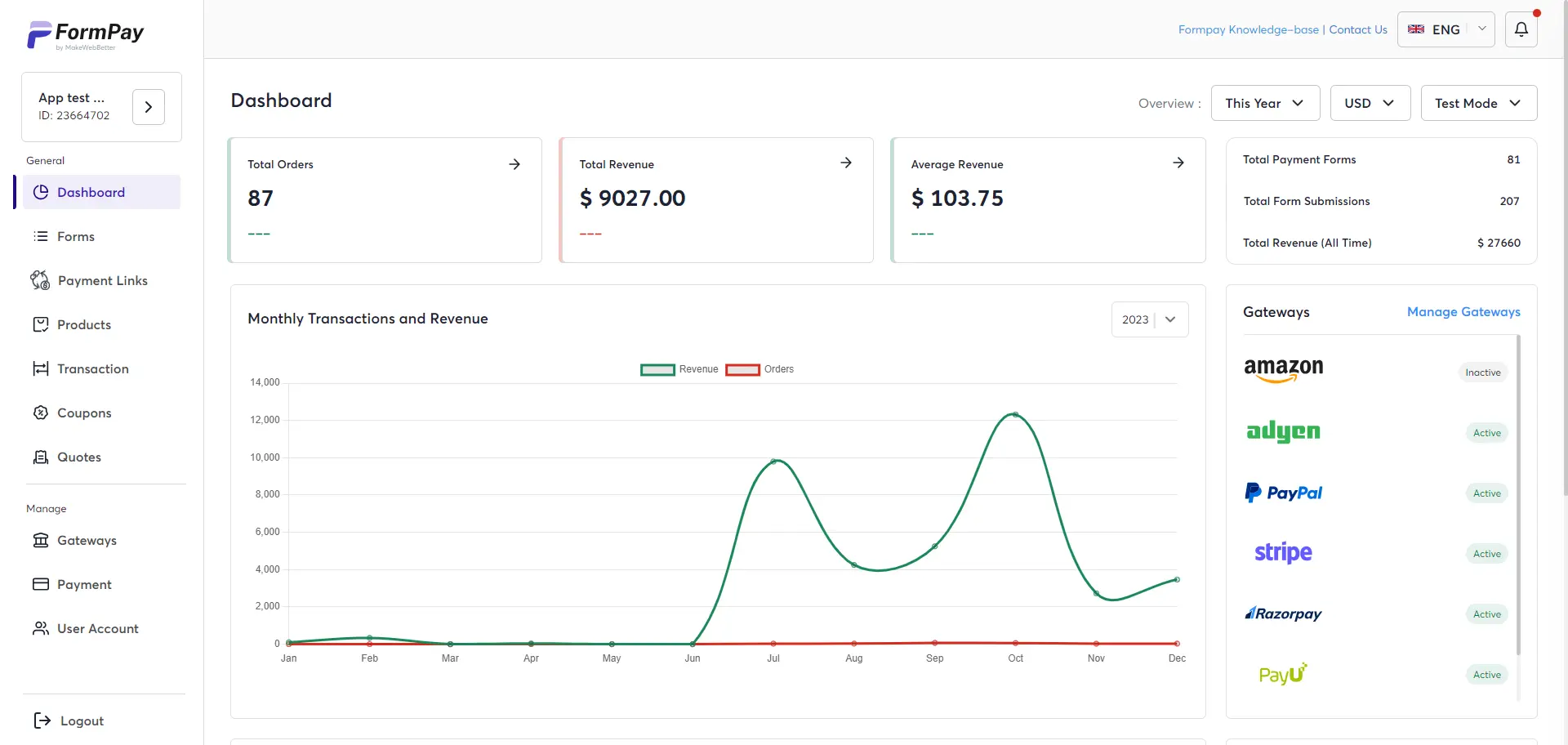
- Seamless HubSpot Integration: FormPay’s deep integration with HubSpot creates a unified platform for managing donor information, payments, and overall relationships. Data sync, payment property creation, and workflow automation streamline processes and improve efficiency.
- Flexible Payment Options: With support for multiple payment gateways and payment types, FormPay accommodates diverse donor preferences. Whether it’s one-time donations, recurring subscriptions, offline payments, or partial payments, FormPay has you covered.
- Dynamic Payment Link Generation: Create payment links directly from HubSpot contacts or deals, enabling easy sharing and tracking. Moreover, utilize HubSpot workflows to trigger payment link generation based on specific criteria.
- Discount and Coupon Management: Attract new donors and incentivize repeat giving with flexible discount and coupon options. Define coupon types, redemption rules, and expiration dates to maximize their impact.
- Product and Subscription Management: Build and sell both one-time and recurring products or membership plans directly from HubSpot. In other words, FormPay simplifies subscription management with automated billing, automated emails and reminders, and follow-up actions.
- Automated Payments: Streamline payment processes with automated payment link generation, follow-ups, and invoicing. Reduce manual effort and improve efficiency.
- Comprehensive Payment Tracking: Gain complete visibility into payment transactions through detailed tracking in FormPay, HubSpot, and payment gateway portals.
- Donor-Centric Features: Enhance the donor experience with customizable payment forms, branding options, personalized messaging, and multiple currency and language support.
- Additional Capabilities: Benefit from features like donation builders, quotes payments, tax calculations, and integration with accounting software (Xero).
How FormPay Enhances Nonprofit Fundraising

By leveraging FormPay’s robust features, Nonprofit CRM Benefits you to:
- Streamline donation processes: Reduce friction and increase conversion rates by offering a seamless payment experience.
- Boost donor retention: Implement recurring payment options and personalized communication to cultivate long-term relationships.
- Increase revenue: Maximize donor giving through flexible payment options, discount promotions, and upselling opportunities.
- Improve data management: Centralize payment data within HubSpot for better insights and reporting.
- Enhance donor experience: Create a positive and convenient payment journey with customizable forms and branding.
In other words, FormPay empowers nonprofits to focus on their missions by handling the complexities of payment processing and providing valuable data-driven insights.
Making the Right Choice
Selecting the best CRM for your nonprofit requires careful evaluation and consideration of your organization’s specific needs.
That is to say, it’s recommended to research different options, compare features, and request demos to determine the best fit.
Additionally, seeking input from your staff can help ensure buy-in and successful implementation.
By investing time and effort in selecting the right CRM, your nonprofit can streamline operations, enhance donor relationships, and ultimately achieve greater impact.
Final Thoughts
Nonprofits face unique challenges in managing donor relationships, tracking volunteer contributions, and maximizing fundraising efforts.
That is to say, a well-implemented Nonprofit CRM benefits revolutionize your organization by streamlining operations, enhancing donor engagement, and providing valuable insights.
In other words, to truly optimize your nonprofit’s performance, consider integrating FormPay, a powerful payment solution that seamlessly integrates with HubSpot CRM.
Therefore, together, these tools can transform your fundraising efforts by providing a streamlined donation process, increased donor satisfaction, and valuable data insights.
MakeWebBetter specializes in HubSpot implementation and optimization for nonprofits.
That is to say, our team of experts can help you select the right CRM, customize it to your specific needs, and integrate it with FormPay to maximize your impact.
Ready to take your nonprofit to the next level?
Contact MakeWebBetter today to learn how our HubSpot services can help you achieve your mission.
Want to Improve Your Donor Experience?
Schedule a quick call with MakeWebBetter today!

